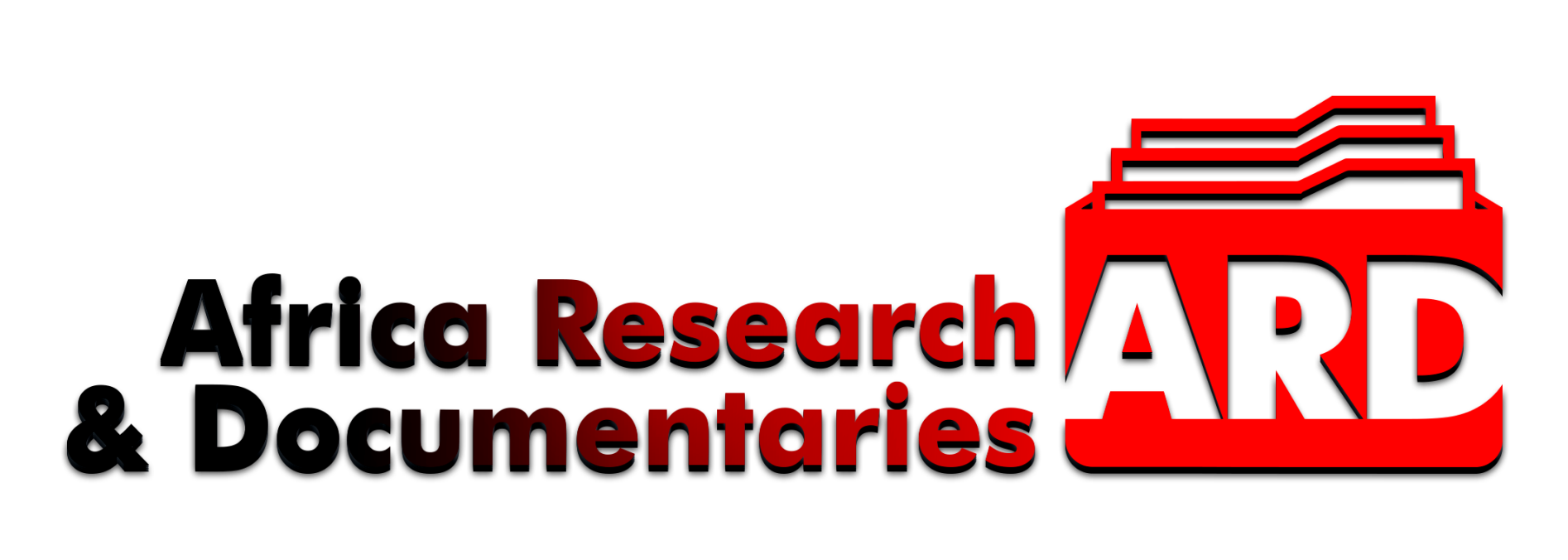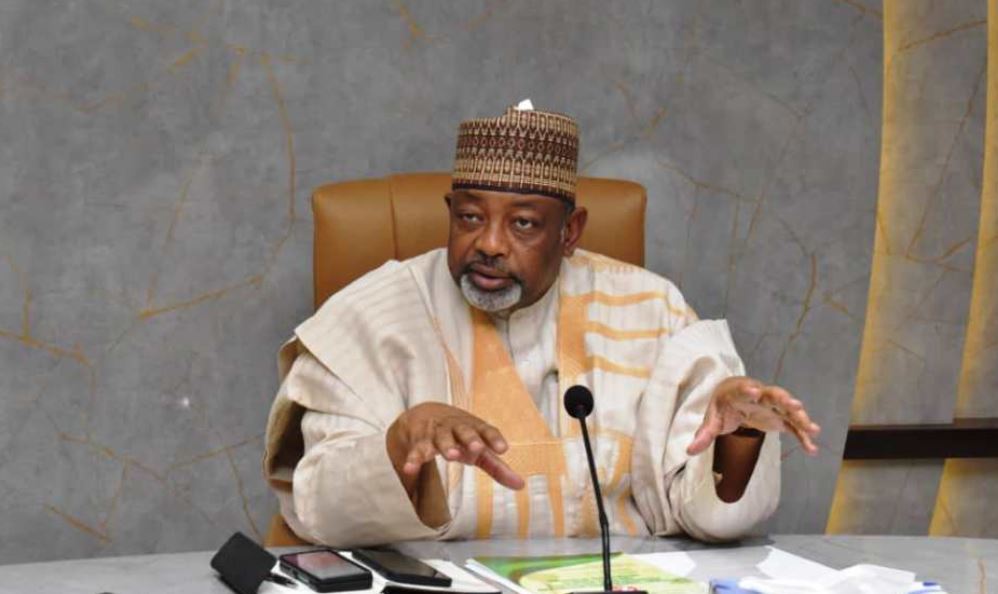Nigerian Government, Led by President Bola Tinubu, Announces Big Plans to Tackle Food Inflation and Help Local Farmers by Removing Tariffs on Rice Importation and Importing 500,000 Metric Tonnes of Maize and Wheat.

President Bola Tinubu – ARDnig
The Nigerian government, led by President Bola Tinubu, has introduced measures to combat rising food prices. These actions include a 150-day duty-free import window for essential food commodities, setting recommended retail prices, and importing wheat and maize. The plan also involves supporting local processors, engaging youth and women in agriculture, and enhancing livestock development.
New Measures to Tackle Rising Food Prices
The Nigerian government, under President Bola Tinubu, has unveiled new strategies to address the rapid increase in food prices. The Minister of Agriculture and Food Security, Senator Abubakar Kyari, announced that these measures will be implemented over the next 180 days. One key initiative is a 150-day duty-free import window for essential food commodities, which includes the suspension of duties, tariffs, and taxes on imports through land and sea borders.
Focus on Essential Commodities
The commodities prioritized for this duty-free import window are maize, husked brown rice, wheat, and cowpeas. These staples are crucial for the Nigerian diet, and the government’s focus on these items aims to make them more affordable for the public. By reducing import costs, the government hopes to stabilize prices and provide relief to citizens facing high food inflation.
By removing duties and supporting local agriculture, we aim to make food more affordable and accessible for all Nigerians. – Government Representative
Ensuring Quality and Fair Pricing
The government has also promised to ensure that imported food commodities meet quality standards and will be sold at recommended retail prices (RRP). This approach aims to protect consumers from price gouging and ensure that the benefits of reduced import costs are passed on to the public. Additionally, the government plans to import 250,000 metric tonnes of wheat and maize to support small-scale processors and millers across the country.
Engaging Youth and Women in Agriculture
A significant part of the government’s strategy involves engaging youth and women in agriculture through greenhouse cultivation of horticultural crops like tomatoes and peppers. This initiative aims to increase production volume, stabilize prices, and address food shortages. By involving these groups in agriculture, the government hopes to boost local production and create employment opportunities.
Enhancing Livestock Development
The Tinubu administration also plans to enhance livestock development by launching the Renewed Hope National Livestock Transformation Implementation Committee. This committee will focus on developing and implementing policies that prioritize livestock development in alignment with the National Livestock Transformation Plan. Additionally, the government will support the Homs Green Initiative, led by the First Lady, to further bolster agricultural productivity.
Conclusion
The measures announced by the Tinubu government aim to tackle rising food prices through a combination of duty-free imports, support for local processors, engagement of youth and women in agriculture, and enhanced livestock development. By implementing these strategies, the government hopes to stabilize food prices and ensure food security for Nigerians.











